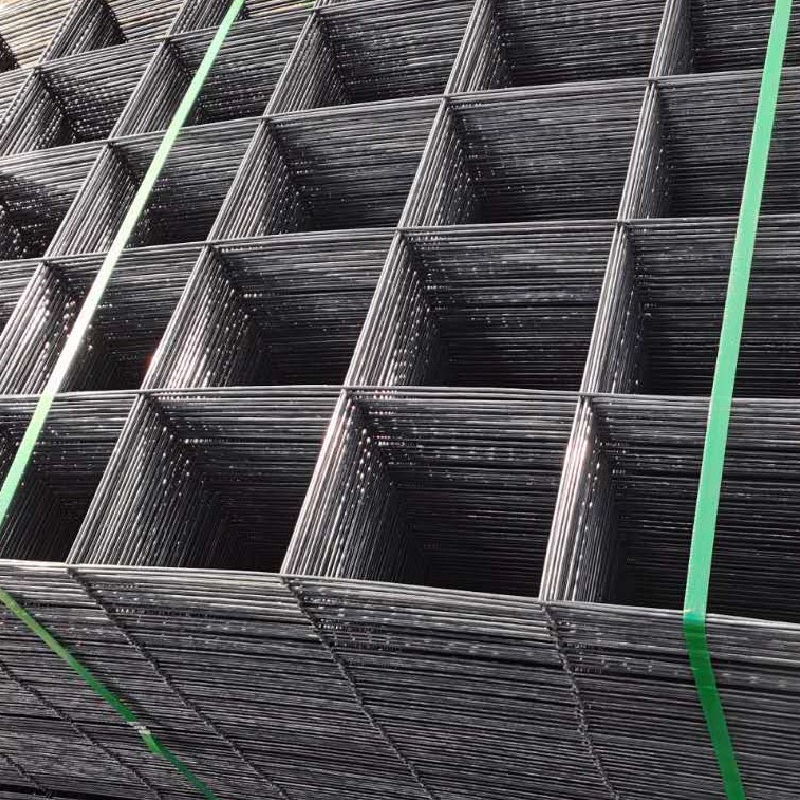The Versatility of Perforated Steel Sheet Metal Applications and Benefits
Perforated steel sheet metal is a versatile material widely used across various industries due to its unique properties and aesthetic appeal
. Characterized by a pattern of holes punched into its surface, this material combines functionality and design flexibility, making it suitable for a diverse range of applications.One of the key advantages of perforated steel sheets is their strength and durability. Steel is known for its resilience, and when combined with perforation, it maintains structural integrity while reducing weight. This makes perforated steel sheets ideal for applications where strength and weight considerations are paramount, such as in the construction of facades, railings, and structural supports.
In architectural design, perforated steel offers captivating aesthetic possibilities. Architects and designers often utilize this material to create striking visual effects in facades and interior designs. The patterns of holes can be customized to create varying degrees of transparency, allowing natural light to filter through while providing privacy. This feature is particularly beneficial in commercial buildings, where aesthetics and functionality must coexist harmoniously.
Another critical application of perforated steel sheet metal is in the field of acoustics. The unique structure of perforated sheets helps in noise reduction by absorbing sound. In environments where noise control is necessary, such as theaters, concert halls, and offices, perforated metal can be used in ceilings and wall panels. Beyond merely dampening sound, these panels can also enhance the overall aesthetic of the space, proving that functionality and design can go hand in hand.
perforated steel sheet metal

Perforated steel sheets are also extensively used in the manufacturing sector. They serve a wide range of purposes, from screening to filtration. For instance, they can be found in machinery used for sorting materials, such as in recycling and mining operations. The perforations allow for the passing of materials while retaining unwanted debris, thereby enhancing operational efficiency. Additionally, perforated sheets are often employed in the production of filters, where their precise hole sizes can be tailored to specific filtration requirements.
Furthermore, this material plays a significant role in the food industry, particularly in food processing and storage applications. The perforation allows for proper airflow and moisture regulation, whether in storage containers or during the cooking process. By ensuring that food products are kept at optimal conditions, perforated steel sheets contribute significantly to food safety and quality.
In terms of maintenance, perforated steel is relatively easy to clean and maintain, which is crucial in industries where hygiene standards are critical. The open nature of the material minimizes dirt and debris buildup, and any accumulated substances can be easily washed away. This property makes it especially valuable in hospitals and food production facilities, where cleanliness is a top priority.
In conclusion, the applications and benefits of perforated steel sheet metal are vast and varied. Its combination of strength, aesthetic versatility, and functionality make it an indispensable material across multiple industries—from architecture and design to manufacturing and food safety. As industries continue to innovate and seek sustainable design solutions, the popularity of perforated steel sheet metal is likely to grow even further, cementing its place as a key material in modern manufacturing and construction.
-
The Strength and Versatility of Aluminum Expanded Metal Mesh
NewsJun.10,2025
-
Safety Guards and Machine Enclosures Using Expanded Mesh
NewsJun.10,2025
-
Performance with Round Hole Perforated Mesh in Wall Panels
NewsJun.10,2025
-
How Steel Grating Trench Covers Distribute Weight Efficiently
NewsJun.10,2025
-
How Deck Mesh Railing Enhances Backyard Aesthetics
NewsJun.10,2025
-
Comparing Bar Thickness and Spacing in Steel Grating
NewsJun.10,2025
Subscribe now!
Stay up to date with the latest on Fry Steeland industry news.

